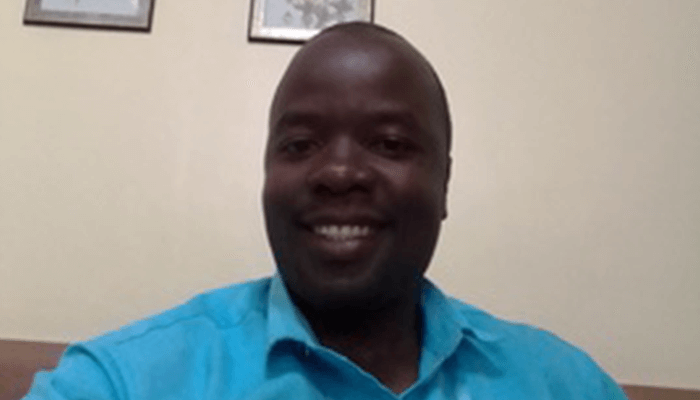Following this discussion, several ideas on how I could improve my workplace began taking shape in my mind. Initially, I contemplated creating a comprehensive onboarding tool for new staff members. However, I later shifted my focus to establishing a mechanism for fostering a culture of research within our institution. I was genuinely thrilled to be working on something that could leave a lasting impact on both the current and future generations.
Soon enough, it was time to be assigned a supervisor/mentor to guide us on this journey. Since I had settled on fostering a culture of research in the institution, my meeting with my mentor, Dr. Mukami Njoroge, during our 30-minute online discussion, was both enlightening and eye-opening. We identified a gap in my workplace and devised a mechanism to address it, which led to the idea of creating a college magazine.
I initiated the journey by researching the necessity of a college magazine in an educational institution, and I found ample literature supporting this idea. Simultaneously, I engaged in bi-weekly reflections to gather exciting events and occurrences to include in the college magazine.
I soon realized there were numerous captivating events and unique talents displayed by students, yet none had ever been documented. For example, the college had hosted three cultural events where students exhibited remarkable creativity and innovation, yet none of this had been recorded.
With the guidance of my mentor, I diligently worked on implementing the adjustments provided during the process. By the end of the first module, I had compiled and submitted my portfolio of evidence —which included literature explaining the need for a college magazine—, my weekly reflections, and photos. My mentor’s approval signaled my readiness to proceed to the second phase of implementation.
The implementation phase began in September and continued through December 2023. At this stage, ideas took shape and turned into reality. I began by identifying the thematic areas that required my attention, and collaborated with the chief editor to design the magazine. I then passionately gathered contributions from various stakeholders, including students, trainers, non-teaching staff, management, and reviewers.
After two months of thorough work, I documented and compiled the magazine. The most thrilling moment was on October 27, 2023, the day of the magazine’s launch. I was excited to take the stage and provide a synopsis of the magazine. Everyone eagerly anticipated the unveiling of the magazine and getting their own copy.
During my 30-minute presentation, I skillfully dissected the magazine’s content and themes. From this journey, I learned that resilience and consistency are key to achieving one’s dreams, and the importance of close collaboration with a mentor or supervisor cannot be overstated in achieving one’s goals within a set time frame.
In closing, I would like to express my sincere appreciation to my mentor, Dr. Mukami Njoroge, for her invaluable guidance and unwavering support throughout the process of creating the college magazine. Her vast experience and insights were instrumental in making this dream a reality.
Article written by Mackdonald Wafula Wakoli (Master of science in Educational Management Student)
What’s your story? We’d like to hear it. Contact us via communications@strathmore.edu





